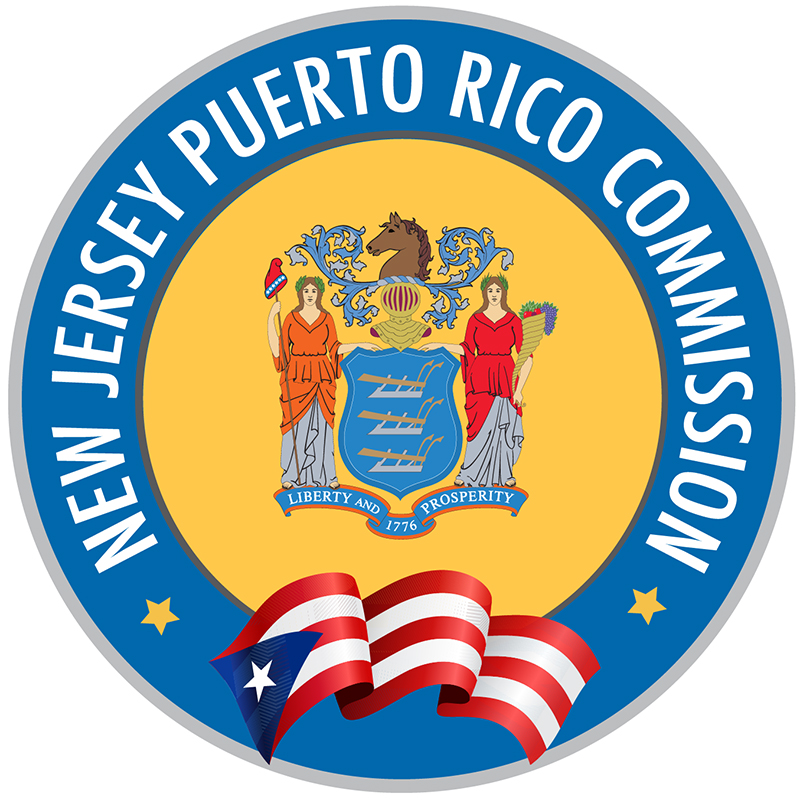Role of the Commission
- The Legislature finds and declares that:
- Approximately 5.1 million Hispanics of Puerto Rican origin resided in the 50 states of the United States and in the District of Columbia prior to the devastation of Hurricane Maria; and
- The number is significantly greater than Puerto Rico’s population of 3.6 million, which was in decline due to out-migration before Hurricane Maria; and
- The storm made landfall on September 20, 2017, and caused a degree of destruction and disorganization rarely experienced in American history, so that months after the storm abated, many of the island’s residents still lack access to electricity and clean water; and
- Hurricane Maria was a worst-case scenario from a meteorological standpoint, as the center of the huge Category 5 hurricane passed directly over Puerto Rico with wind and rain lasting over 30 hours; and
- Hurricane Maria exhibited many of the elements of a catastrophic event, not just a disaster, as catastrophic events are rarer than disasters because they result in the destruction of critical infrastructure over a large swath of land, which is exactly what happened in Puerto Rico; and
- Though the true extent of Hurricane Maria’s damage to Puerto Rico is still being assessed, there are some indications of what the long term effects of it will be, including: predictions that the island’s economy will shrink by about eight percent in 2018, thus making Puerto Rico among the slowest growing economies in the world; thousands of businesses have been unable to open due to continuing electrical blackouts months after the storm; and over 200,000 people have left the island; and
- Approximately 500,000 plus persons of Puerto Rican descent live in New Jersey, which is the third-largest Puerto Rican population of any state, and it is estimated that approximately 30,000 displaced Puerto Ricans have come to New Jersey in the wake of Hurricane Maria; and
New Jersey recognizes its moral obligation to provide relief to all Americans in distress who come to our State; and
This State is committed to contributing to the stabilization of Puerto Rico, so that those who wish to return to their homes on the island will have an opportunity to do so and to find a safe, stable, and sustainable environment in which they can raise a family, educate their children, find gainful employment, and enjoy a level of services similar in quality to those with which New Jersey is blessed.
The purpose of the New Jersey-Puerto Rico Commission is to: advance bilateral trade and investment; initiate joint action on policy issues of mutual interest to New Jersey and Puerto Rico; promote business and academic exchanges between New Jersey and Puerto Rico; support Puerto Rico in its efforts to stabilize its economy; encourage New Jersey companies to invest in Puerto Rico’s infrastructure; and to address such other issues as determined by the commission pursuant to its purposes. In order to carry out its purposes, the commission is to establish subcommittees to examine the following issues.
Economic development, investment and trade.
Research, science, and technology. A priority of this subcommittee is to consider the desirability of re-establishing the bi-state commission created in the 1990s under the auspices of the HealthCare Institute of New Jersey to: (1) organize states that are dependent on life sciences industry clusters to protect and preserve a strong pharmaceutical industry in the United States; (2) coordinate joint applications for federal research and manufacturing innovation grants; and (3) create opportunities for university-based research and instructional collaborations.
Public policy advocacy. This subcommittee is to mobilize New Jersey institutions to join with other states in advocating for an infusion of resources into Puerto Rico to stop its economic downward spiral by: (1) making certain that Medicare/Medicaid services are funded at adequate levels and on an equal basis with other states in this country; (2) press for emergency education funding to prevent the deterioration of the island’s primary and secondary education systems; (3) support the PROMESA Fiscal Oversight Board in its determination to re-structure Puerto Rico’s debt; (4) support a restoration of the benefits provided by Section 936 of the federal tax code; (5) promote federal funding to reconstruct all of the damaged infrastructure on the island.
- Education.
- Infrastructure.
- Such other issues as deemed appropriate by the commission.
 Official Site of The State of New Jersey
Official Site of The State of New Jersey
